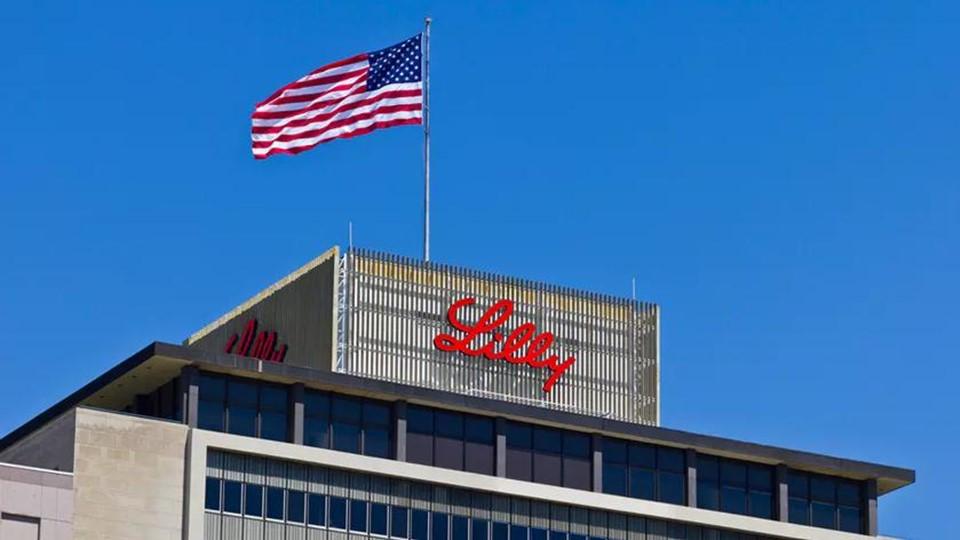Lilly finally gets FDA OK for ulcerative colitis drug Omvoh

After an earlier rejection, the FDA has approved Eli Lilly’s first-in-class IL-23p19 inhibitor mirikizumab as a treatment for adults with moderately to severely active ulcerative colitis (UC).
Lilly said the new drug – which will be sold under the Omvoh brand – will be launched in the coming weeks. It has already been approved under the same trade name in Europe and Japan, but Lilly’s first attempt for US registration was turned down by the FDA in April due to concerns about the drug’s manufacturing processes.
Omvoh has been cleared on the strength of two clinical trials – LUCENT-1 and LUCENT-2 – as induction and maintenance therapy, respectively, in adult patients with moderately to severely active UC.
LUCENT-1 showed that 24% of patients treated with mirikizumab were in clinical remission at 12 weeks – meaning inflammation of the colon is controlled or resolved – compared to 15% of the placebo group. LUCENT-2, meanwhile, found that around 51% of patients on mirikizumab maintenance remained in clinical remission after a year’s follow-up, compared to 27% of those on placebo.
Moreover, 99% of patients who remained in clinical remission after a year were not taking corticosteroids, which can cause serious side effects, while 39% had achieved resolution or near resolution of bowel urgency, considered to be one of the most distressing symptoms of UC.
“I see many people with ulcerative colitis who previously tried other biologic treatments, and they are still searching for an effective option that can offer rapid and lasting improvements,” said Bruce Sands, a gastroenterology specialist at Icahn School of Medicine at Mount Sinai.
“Today’s approval represents a novel scientific advancement, providing a treatment that may offer relief from three key symptoms – stool frequency, rectal bleeding, and bowel urgency - regardless of past biologic use,” he added.
Lilly said that Omvoh is the only FDA-approved UC treatment that selectively targets the p19 subunit of IL-23, which plays a role in inflammation related to the disease, although Johnson & Johnson’s rival drug in the same class – Tremfya (guselkumab) – has shown efficacy over 24 weeks in phase 3 trials.
The market for moderate to severe UC therapies is getting increasingly congested, with well-established therapies like J&J’s IL-23 inhibitor Stelara (ustekinumab) looking set to be joined by new entrants like AbbVie’s IL-23 drug Skyrizi (risankizumab), which was filed with the FDA for UC in the summer.
New oral therapies are also starting to emerge, including Bristol-Myers Squibb’s S1P therapy Zeposia (ozanimod), already indicated for UC, Pfizer’s S1P candidate etrasimod, which has been filed for that indication, and AbbVie’s JAK inhibitor Rinvoq (upadacitinib), which was approved for UC last year.
Omvoh is one of a new generation of drugs that Lilly is looking to for growth in the coming years, alongside Alzheimer’s therapy donanemab, Mounjaro (tirzepatide) for diabetes and possibly obesity, recently-approved Jaypirca (pirtobrutinib) for mantle cell lymphoma, and lebrikizumab for atopic dermatitis, which was also rejected by the FDA in a decision earlier this month.
Lilly abandoned development of the drug in psoriasis, but recently scored a win in a phase 3 Crohn’s disease study and, if approved in that indication, analysts have suggested it could eventually become a $2 billion-a-year brand.













